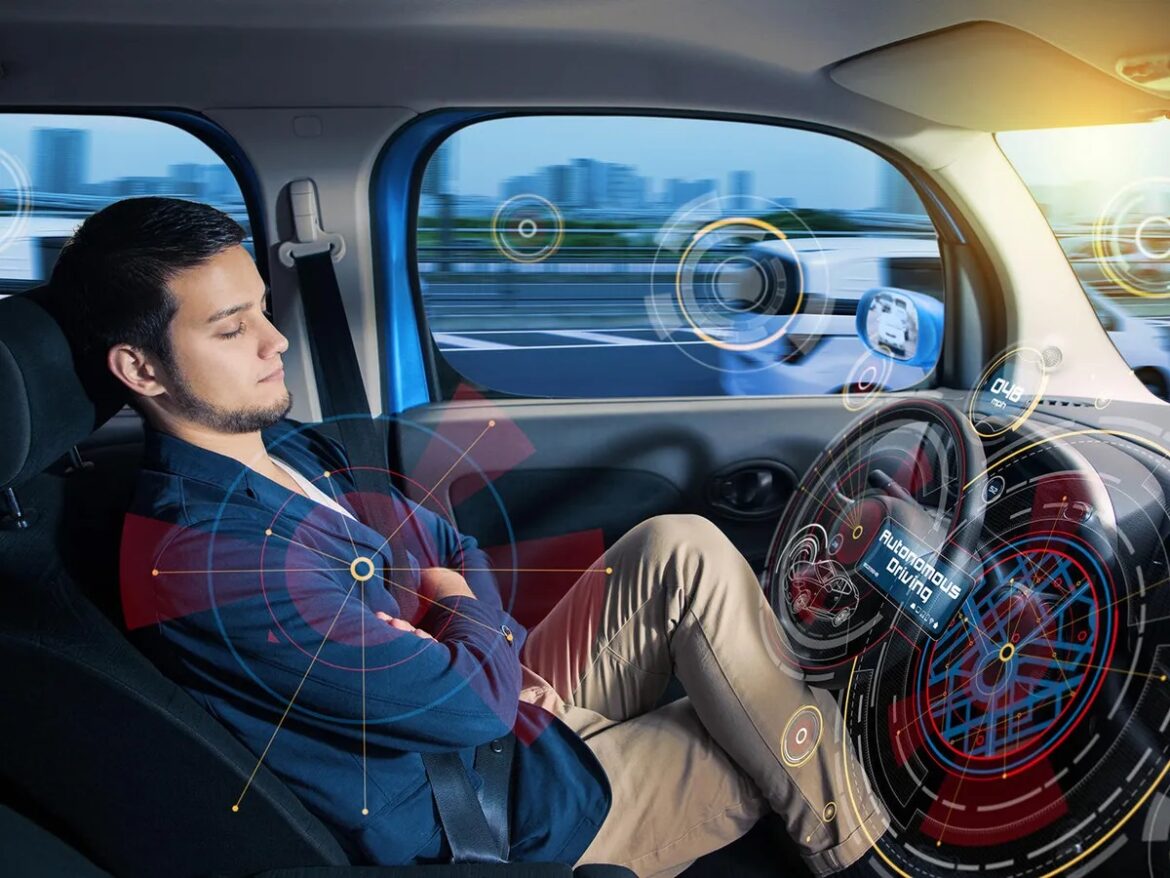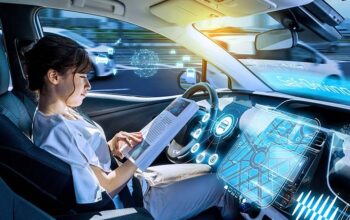Automotive industry is one of the fastest-growing sectors in the world. With technological advancements and changing consumer preferences, the automotive industry is constantly evolving to meet the needs of customers. From electric cars to self-driving vehicles, the future of the automotive industry is exciting and promising.
One of the major trends in the automotive industry is the shift towards electric vehicles (EVs). As the world is becoming more conscious about the environment, the demand for EVs is on the rise. These vehicles are not only environmentally friendly but also cost-effective in the long run as they require less maintenance and have lower fuel costs. Major automakers such as Tesla, Nissan, and BMW are investing heavily in electric vehicle technology to cater to this growing demand. In fact, many governments around the world are offering incentives to promote the adoption of EVs.
Another technological advancement in the automotive industry is the development of self-driving cars. Companies like Google’s Waymo and Tesla are at the forefront of this emerging technology. Self-driving cars have the potential to revolutionize transportation by making it more efficient and safer. These vehicles use advanced sensors and artificial intelligence to navigate the roads without human intervention. While there are still regulatory and safety issues to be addressed, self-driving cars are expected to become mainstream in the near future.
Connectivity is another major trend in the automotive industry. With the advent of the internet of things (IoT), cars are becoming more connected than ever before. This connectivity allows cars to communicate with each other and with the infrastructure, enabling better traffic management and safer driving. Connected cars can also provide valuable data to automakers, allowing them to improve their products and services. For example, automakers can remotely diagnose and fix mechanical issues, saving time and money for both the manufacturer and the consumer.
Another significant trend in the automotive industry is the rise of shared mobility services. Companies like Uber, Lyft, and Zipcar are disrupting the traditional car ownership model by providing affordable and convenient alternatives. These services allow people to rent a car on-demand, eliminating the need for personal ownership. Shared mobility services not only reduce congestion on the roads but also decrease the environmental impact of transportation. As a result, many automakers are partnering with these companies to provide vehicles specifically designed for shared mobility services.
In conclusion, the automotive industry is undergoing a rapid transformation driven by technological advancements and changing consumer preferences. Electric vehicles, self-driving cars, connectivity, and shared mobility services are some of the major trends shaping the future of the industry. As governments and consumers become more conscious about the environment, the demand for electric vehicles is on the rise. Self-driving cars have the potential to revolutionize transportation by making it more efficient and safer. Connectivity allows cars to communicate with each other and with the infrastructure, enabling better traffic management and safer driving. Lastly, shared mobility services are disrupting the traditional car ownership model by providing affordable and convenient alternatives. The future of the automotive industry is exciting and promises a greener, safer, and more connected world.







